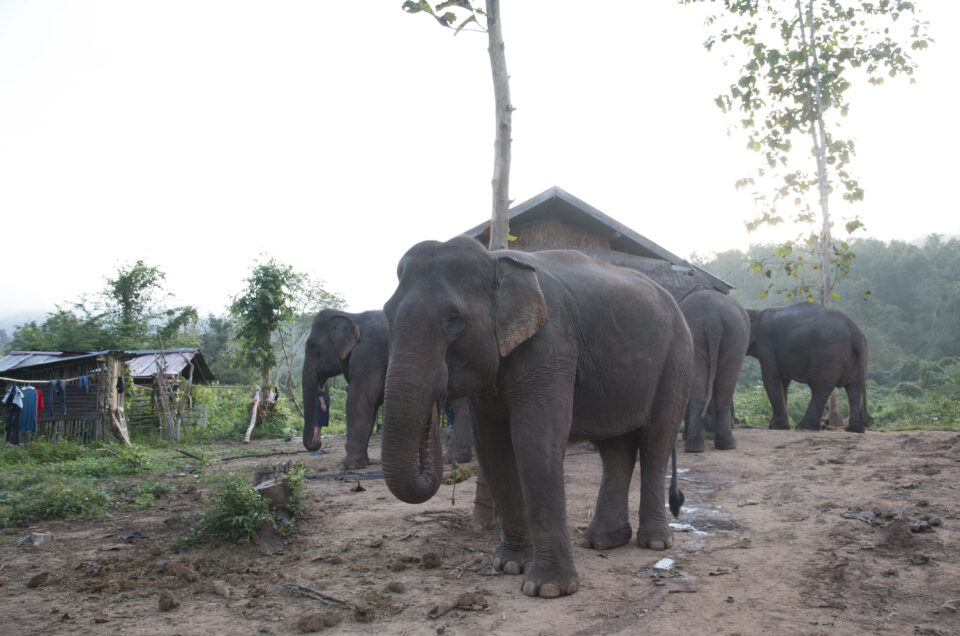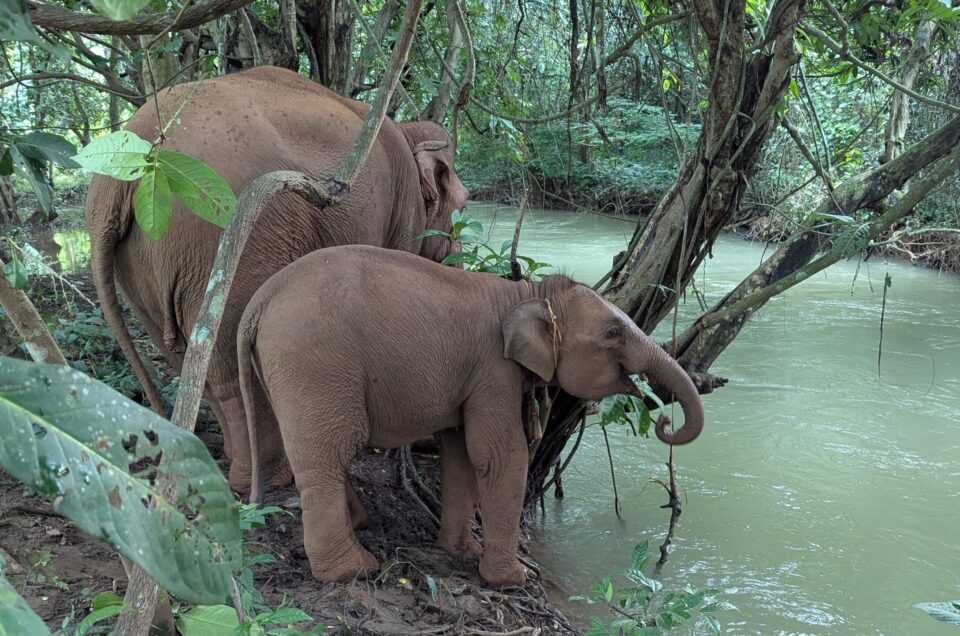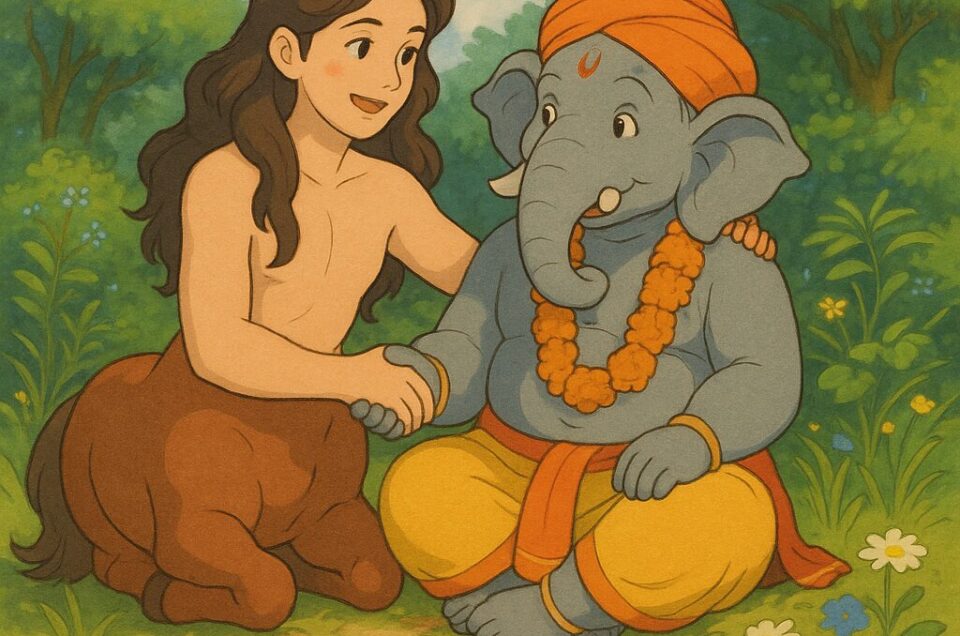Rethinking Labor as Ethical Companionship
At Manifa Elephant Camp, we believe that work—when approached with respect, care, and consent—is not inherently exploitative. In fact, for centuries in Laos and across Southeast Asia, elephants and humans have shared work in ways that built deep bonds. These were not just utilitarian relationships; they were spiritual, emotional, and interdependent. Mahouts and elephants traveled together, lived together, and relied on one another in forests, villages, and ceremonies.
Today, this tradition is often misunderstood. Critics from outside the region, particularly those informed by animal rights perspectives in the Global North, may view all elephant labor as oppressive or outdated. But this view often ignores both the cultural realities of elephant–human relationships and the current needs of captive elephants who cannot be released into the wild.
At Manifa, we take the idea of shared work seriously—but we reframe it as an opportunity for ethical engagement rather than domination. Our activities—whether it’s elephant riding, bathing, or forest walks—are designed around the capacity, temperament, and well-being of each individual elephant. Some elephants enjoy routine and human interaction; others prefer more space. We respect these preferences and adjust our activities accordingly.
Importantly, shared work also provides structure and stimulation for elephants. Research shows that appropriate levels of physical activity, environmental enrichment, and human interaction can reduce stress, prevent obesity, and support healthy social behaviors in elephants. Idle confinement, even in sanctuaries, can lead to boredom, frustration, and health decline. Ethical work, when balanced and meaningful, is not just acceptable—it’s beneficial.
Our mahouts are not trainers in the Western sense. They are companions to the elephants, forming relationships based on mutual trust and careful observation. When an elephant carries a person, it is not because she has been coerced with cruelty, but because the relationship between mahout and elephant allows for shared routines. It is our responsibility to ensure these routines never exceed the elephant’s physical or emotional limits.
Shared work also reflects a broader ethic we hold at Manifa: that living together means doing together. We do not seek to romanticize labor, nor to return to the extractive industries of the past. But we do believe that thoughtful, ethical collaboration between species can still have a place in the present—if it is grounded in care, attention, and the lived knowledge of those who walk beside elephants every day.
In this way, work becomes a site of connection, not control—a practice of being with elephants, not just using them. It’s a living tradition that honors both the elephant’s agency and the human responsibility to ensure that work remains fair, enriching, and safe for all.





![[1] Q: Are Elephants in Tourism Wild or Domesticated?](https://manifatravel.com/wp-content/uploads/2023/03/elephant-vet4-780x636.jpg)

